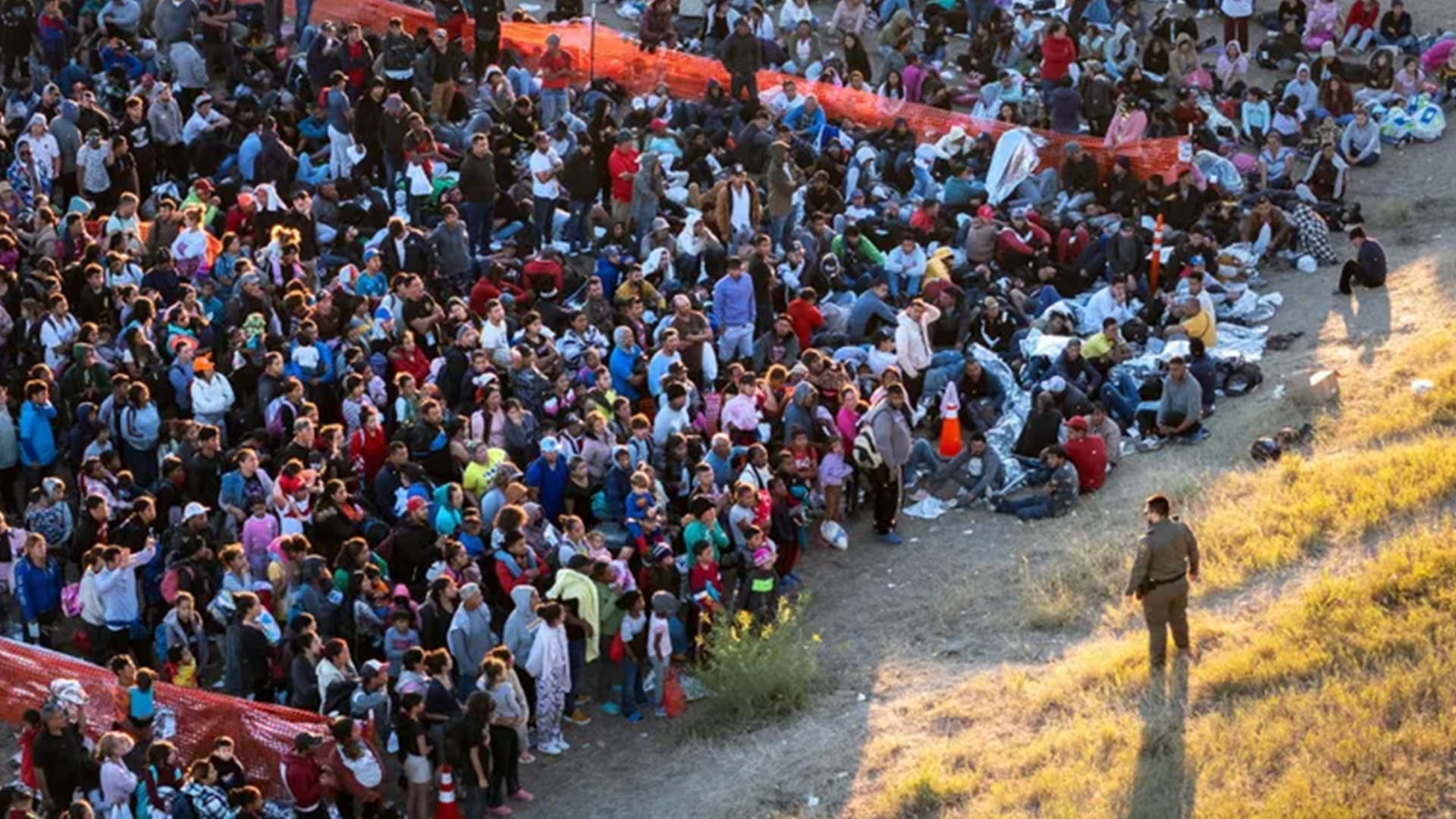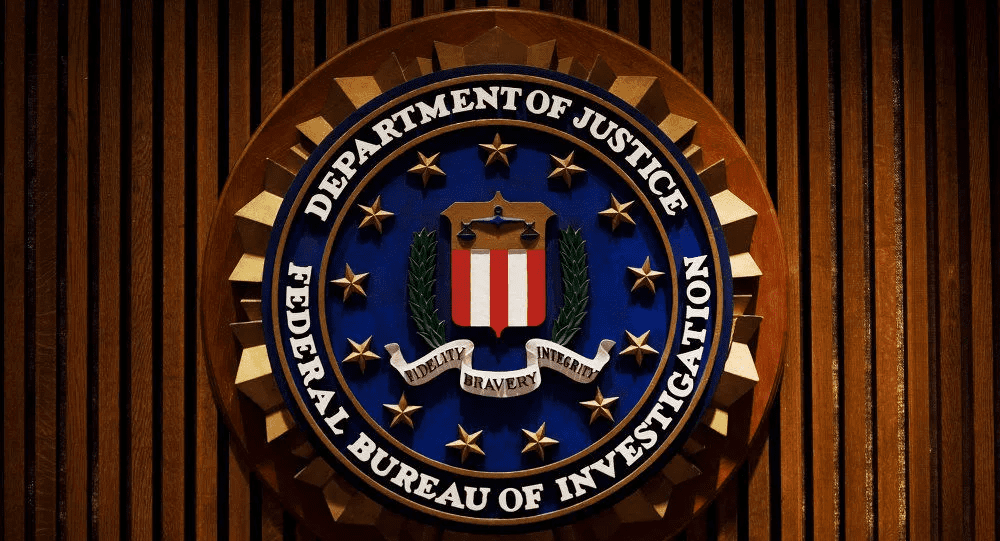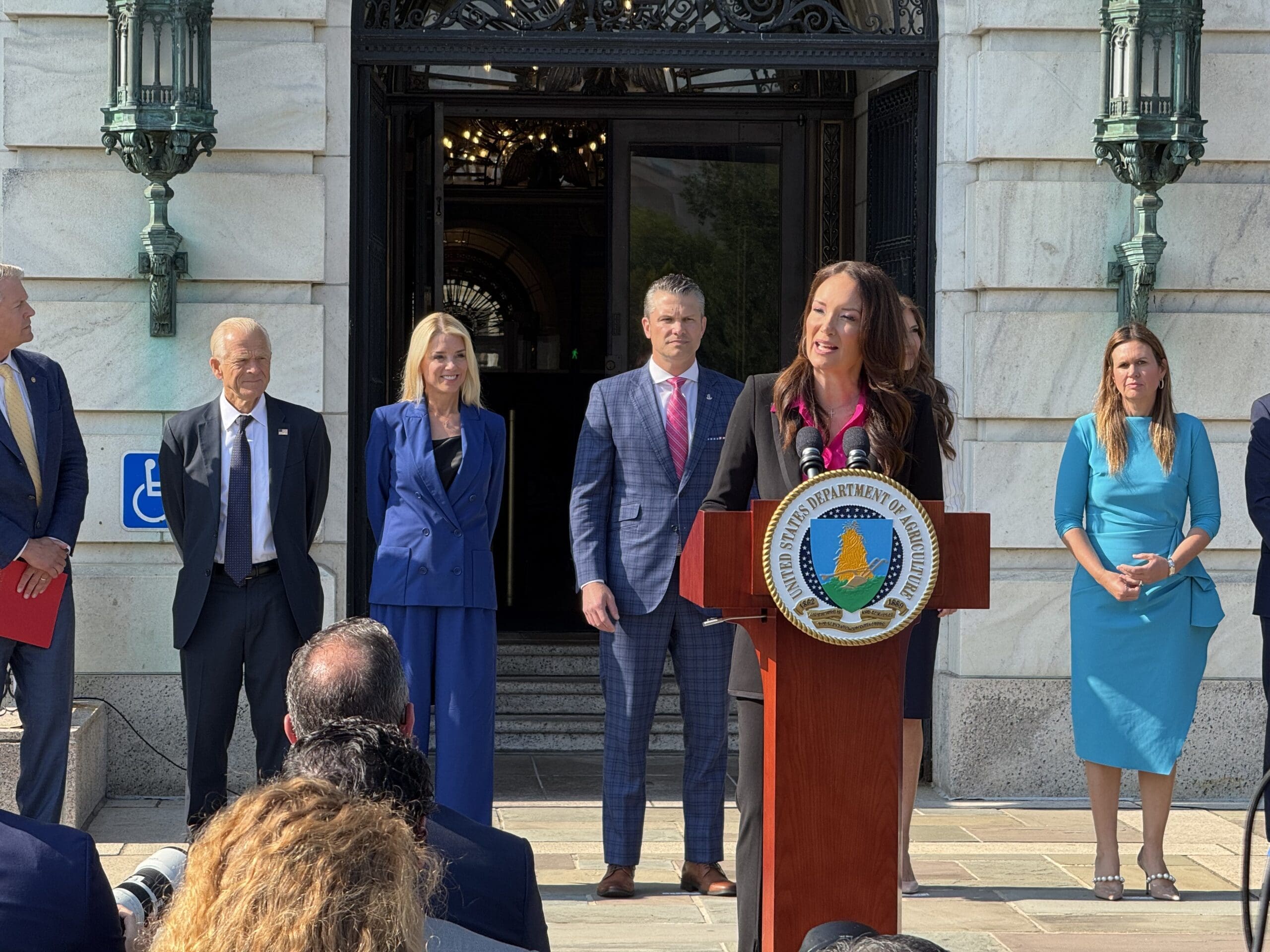Jose Raul Mulino, who took office as Panama’s president in July, ordered the country’s military to close the Darien Gap pathway connecting Panama to Colombia and the rest of South America.
Panamanian authorities began by closing down three of the four main paths coming into the country, blocking them with barbed wire barriers and placing checkpoints.
The gap, according to a Center for Immigration Studies field assessment, has become a pathway for migrants originating from 170 countries traveling to the U.S. in response to the Biden-Harris administration’s open border policies.
“Mulino understood that he could not do what he wanted to do alone. He had to have a few things; chief among them was he needed the United States support,” said Center for Immigration Studies National Security Fellow Todd Bensman.
Mulino signed an arrangement with the U.S. Department of Homeland Security to receive help negotiating with bordering countries in order to implement a removal flight program.
In addition, the agreement appeared to include that the U.S. would send aid for return flights of illegal migrants that Panama’s National Border Service stops at the border.
However, due to several loopholes cited by the Biden-Harris administration, Bensman said the agreement has been ineffective.
“When the repatriation flights did not materialize, the immigrants began to realize that they could get through,” Benson stated.
Still, there has been a significant decrease in migration across the Darien Gap since Mulino has started implementing the current closure plan. Most likely, CIS theorized, this is due to a wait-and-see attitude by smugglers on the strength of his expulsion plan and the outcome of the national election in Venezuela.
Prior to 2021, Panama was able to stop and screen about 90 percent of migrants passing through the Darien Gap for terrorism, greatly reducing the number of registered terrorists crossing the U.S.-Mexico border.
Because of the surges of aliens heading for the border in the past few years, Panama is only able to stop about 3 percent. The number of aliens coming across the border on the FBI watch-listed terrorists has greatly increased in the past few years.
“Success for Panama would serve the U.S. national interest in matters of counterterrorism and public safety and security,” stated Bensman. “Panama’s failure would guarantee a status quo in which, arguably, a rare opportunity to serve U.S. national interests will have been missed.”
According to Bensman, the future success of Panama’s border closure efforts depends heavily on the outcome of the 2024 election, as aid from the U.S. will be needed for success.
His evaluation of the past and the present positions on illegal immigration of Vice President Kamala Harris shows that it can be expected she will most likely withhold what Panama needs in executing its border closure plan. Bensman projected that Republican presidential candidate Donald Trump could be expected to support Panama in its efforts.




